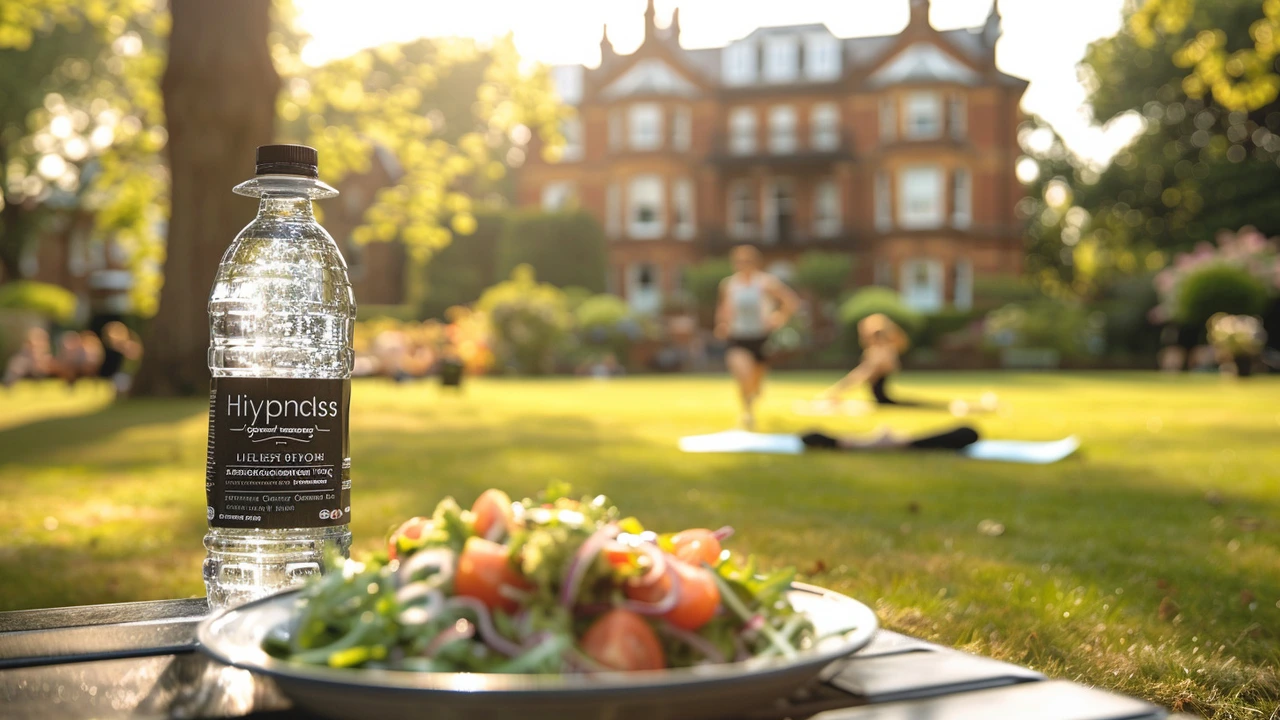Lifestyle Changes That Actually Improve Health
Ever feel like you’re stuck in a rut despite trying every fad out there? The good news is you don’t need a miracle – just a few focused lifestyle changes. Below you’ll find practical steps that fit into a busy schedule and actually move the needle on sleep, stress, diet, and movement.
Sleep and Stress: The Everyday Reset
Most of us underestimate how much sleep and stress affect everything else. If you’re waking up tired, the Sleep Disorders and Anxiety guide shows how insomnia and anxiety feed each other. Start by setting a consistent bedtime, dimming lights 30 minutes before, and trying a short 5‑minute breathing exercise. Even a tiny shift – like swapping your phone for a paperback – can lower cortisol and make falling asleep easier.
When anxiety spikes during the day, a quick mindfulness break works wonders. Close your eyes, focus on your breath for a count of four, hold for four, exhale for four, and repeat three times. It’s the same principle behind the holistic nerve‑pain tricks we discuss: mindful moments calm the nervous system, reducing the need for extra medication.
Food and Movement: Small Tweaks, Big Wins
Eating doesn’t have to be an all‑or‑nothing overhaul. Adding nutrient‑dense foods like European chestnuts can boost fibre and antioxidants without drastic changes. Toss a handful into a salad or stir‑fry – the extra fibre supports digestion and heart health, as highlighted in our chestnut benefits post.
If you’re curious about supplements, bergamot offers a gentle way to support cholesterol and blood sugar. A standard dose of 500 mg taken with breakfast fits easily into a routine, and the science‑backed benefits make it a smarter choice than a vague “multivitamin”.
Movement is another area where tiny adjustments pay off. Instead of a dreaded hour at the gym, aim for three 10‑minute walks spread throughout the day. Pair a walk with a podcast about stress‑free living or a language lesson – you kill two birds with one stone.
Finally, remember that lifestyle changes work best when they’re realistic. Pick one habit, stick with it for two weeks, then layer another on top. Before you know it, you’ll have built a healthier routine without feeling deprived or overwhelmed.

